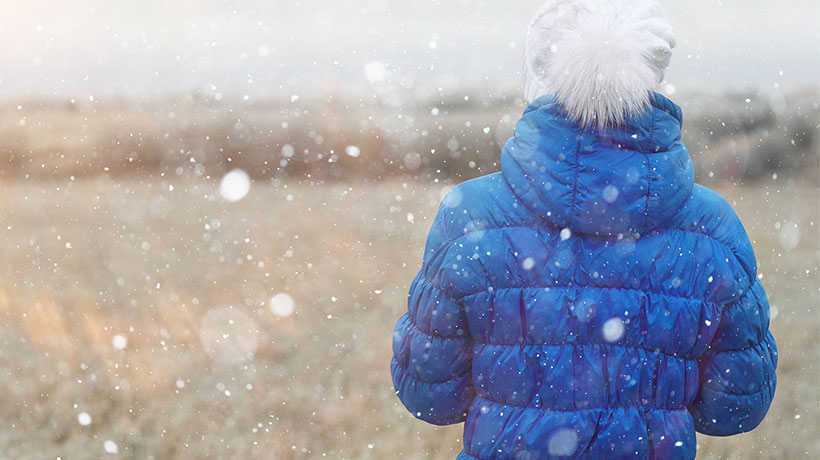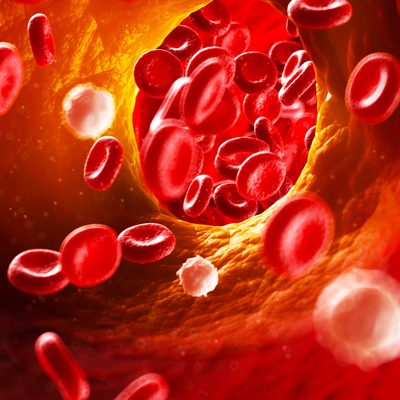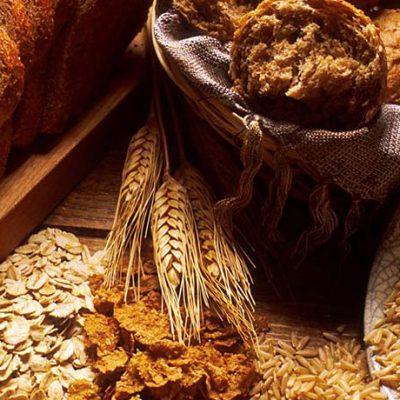
Cold temperatures can lead to fat loss
Exposure to cold temperatures leads to changes in the composition of gut microbes, increasing the burning of fat. This is the conclusion of a study recently published in Cell. Conducting experiments in mice, the researchers found that cold exposure led to such a microbial change that fat metabolism and glucose metabolism increased, whilst the body weight of the mice decreased. The mice were exposed to cold temperatures for 10 days, and the bacteria in their guts were harvested and transplanted into microbe-free guts of other mice. The glucose and fat metabolism of these mice increased, whilst they also lost weight.
However, after 3 weeks of cold exposure, the weights of the mice returned to normal. It was suspected that the intestines of these mice had grown, allowing it to absorb more nutrients, meaning that additional weight loss was being counteracted. Mirko Trajkovski, senior author, said, “Gut microbes enable mammals to harvest more energy from food as a way to adapt to the increased energy demand associated with long periods of cold exposure, protecting against hypothermia. We were surprised to see that gut microbes had such dramatic effects on the structure and function of the intestine.” The authors are keen to start exploring the therapeutic potential of the identified microbes, as they could provide promising targets for the prevention and treatment of obesity.




